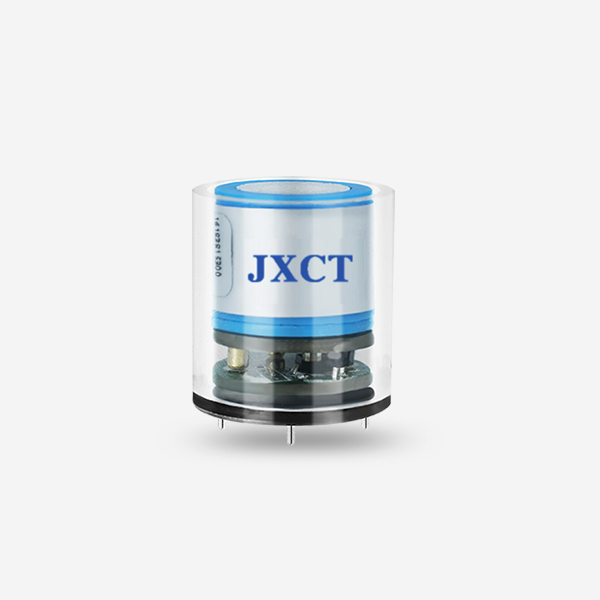Ethylene gas sensors
Ethylene gas sensors are critical tools for ensuring food safety and quality. These sensors are designed to detect the presence of ethylene gas, a natural plant hormone that is produced by fruits and vegetables during the ripening process. This article will explore the significance of ethylene gas sensors, their applications, and the impact they have on food safety.
The Importance of Ethylene Gas Sensors
Ethylene gas sensors play a crucial role in the food industry, where they are used to monitor the ripening process of fruits and vegetables. Ethylene is a natural plant hormone that triggers the ripening of fruits and vegetables. However, excessive exposure to ethylene can cause premature ripening and spoilage, leading to significant economic losses. By detecting the presence of ethylene gas, these sensors module enable early intervention to prevent spoilage, ensuring the quality and safety of food products.
Features and Capabilities of Ethylene Gas Sensor
Modern ethylene gas module are equipped with advanced sensing technologies that enable accurate and reliable detection of ethylene gas. These sensors are often designed to be highly sensitive, enabling the detection of trace amounts of ethylene gas. Furthermore, they are often integrated with data logging and analysis software, providing real-time data on ethylene levels and enabling proactive measures to prevent spoilage.
Applications of Ethylene Gas Module
The applications of ethylene gas module rare diverse and far-reaching. In the food industry, these sensors are used to monitor the ripening process of fruits and vegetables, enabling the timely removal of overripe produce to prevent spoilage. They are also used in storage facilities and transportation vehicles to monitor ethylene levels and prevent the spread of spoilage. Additionally, ethylene gas sensor are used in research settings to study the effects of ethylene on plant growth and development.
Advantages of Ethylene Gas Sensor

The use of ethylene gas module offers numerous advantages. These sensors enable early detection of ethylene gas, allowing for prompt intervention to prevent spoilage and ensure the quality and safety of food products. They also contribute to the efficient management of food supply chains by providing real-time data on ethylene levels, enabling proactive measures to prevent spoilage and reduce waste. Furthermore, ethylene gas sensor support evidence-based decision-making, enabling stakeholders to implement targeted measures to improve food safety and quality.
Challenges and Limitations of Ethylene Gas Module
Despite their numerous benefits, ethylene gas module are not without challenges. The initial costs of installing and maintaining these sensors can be substantial, posing a barrier to widespread adoption, particularly in resource-constrained regions. Furthermore, ongoing maintenance and calibration are essential to ensure the accuracy and reliability of the data collected, adding to the operational costs. Additionally, the sensitivity of ethylene gas sensor to other gases and environmental factors underscores the need for robust and resilient sensor designs.
Conclusion
In conclusion, ethylene gas module are indispensable tools for ensuring food safety and quality. These sensors provide critical insights into the ripening process of fruits and vegetables, enabling proactive measures to prevent spoilage and reduce waste. While they come with challenges, their value in preserving food quality, supporting sustainable food supply chains, and reducing economic losses cannot be overstated. As we strive to advance food safety, the role of ethylene gas sensor remains pivotal in our efforts to ensure the safety and quality of our food supply.
